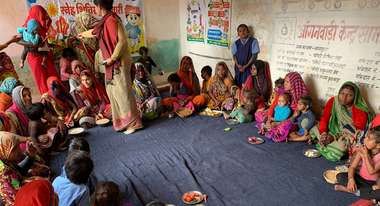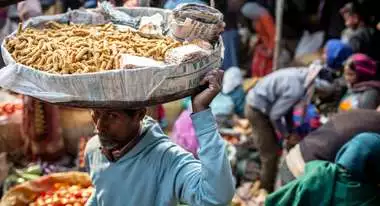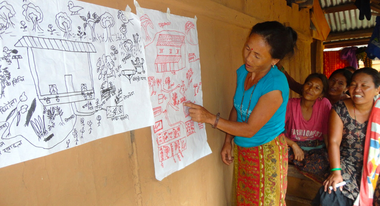How Sikkim became India’s first Organic State
The smallest and the youngest state of India has the most inspiring tale to tell. Once considered to be one of the poorest states in India with 35 per cent of the people living below the poverty line, Sikkim now stands amongst the top income generating states with a substantially low level of poverty. Our colleague Philippe tells how they successfully managed it.
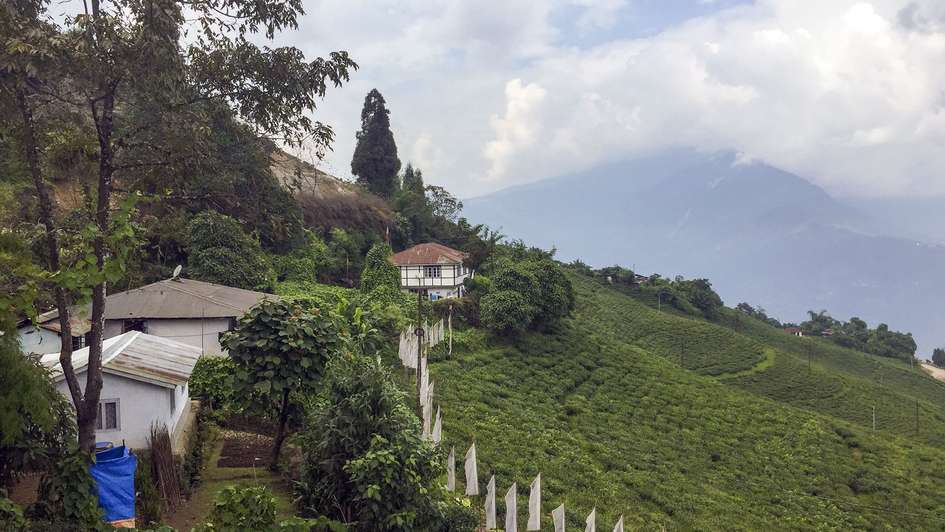
In the past two decades, Sikkim has become a pioneer in sustainable development. It is also India’s first state to achieve 100 per cent sanitation coverage and the only state that is open defecation free. They are on the road to attaining almost full literacy, and the only state to increase its forest cover – about half of the state area. In 2016, Sikkim declared itself as fully organic – the first and only state in India.
The Road To Sustainable Development
Sikkim’s transition to becoming a 100 per cent organic state was not easy. The farms are small and numerous, situated on terraced and precipitous slopes of the Himalayas. The state government supported the 66,000 farmers of the state with a strong policy framework and trained them in agroecological farming. In the first few years, many crops failed, and the agriculture production drastically decreased. The synthetic inputs in the soil were suddenly removed and it took several years for the soil to regain its natural fertility.
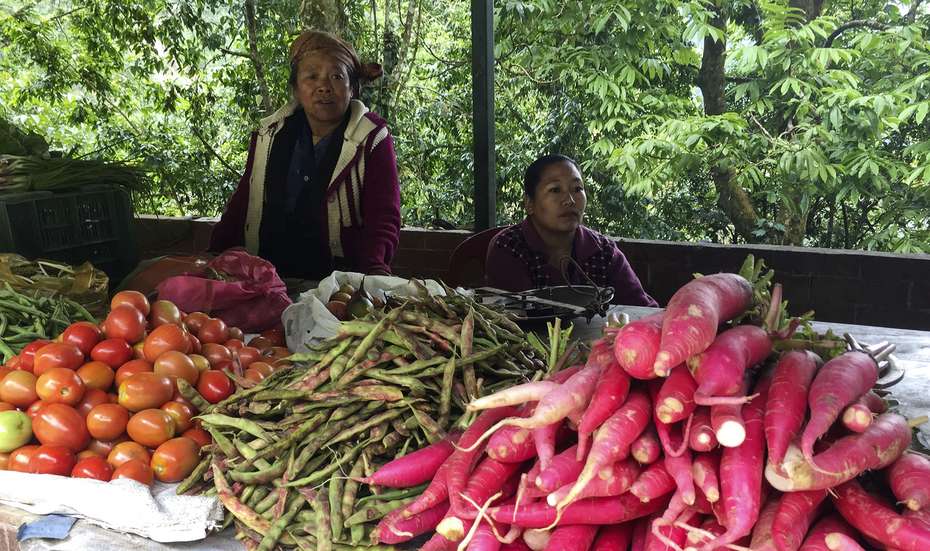
Throughout the process, the government strongly supported its people and in 2003 the “Sikkim State Organic Board” was created. The Board was formed to implement a variety of policy measures, including a gradual increase in taxation on chemical fertilisers and pesticides, stopping synthetic fertilisers, pesticides and non-organic vegetables from being imported from outside the state, supporting the production and use of organic fertilisers and organic seeds, and comprehensive capacity building for extension officers, farmers and youth.
The Sikkimese People Now Live Ten Years Longer
In 2010, the Sikkim Organic Mission was launched with a clear road map of converting 50,000 hectares of land, thereby bringing the entire state to organic status by December 2015. Under the Mission, several actions to support organic agriculture were implemented, including farmer field schools, the certification of all farms according to international standards facilitated by the Sikkim State Organic Certification Agency (SSOCA), consumer education and awareness, the creation of local organic outlets, the development of export markets, public procurement of organic products, and the inclusion of organic farming in the school curriculum.
Sikkim's transition to a fully organic state has benefited over 66,000 farmers, reaching beyond just organic production to include socioeconomic aspects such as consumption and market expansion, rural development and sustainable tourism with its comprehensive and inclusive approach. This has not only increased the income but also the life expectancy of its entire population. In 2016, Sikkimese people lived ten years longer than in 1990 and the state administration has data showing the connection with healthy organic biodiverse food.
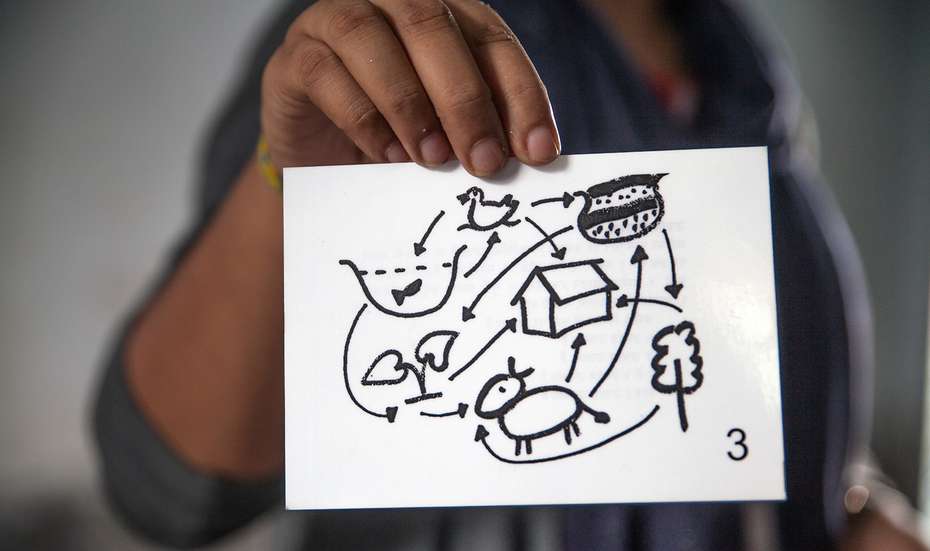
A Visionary At Work
Sikkim’s journey to becoming the first organic state of India owes a lot to Shri Pawan Chamling, the first Chief Minister of Sikkim, and his commitment to nature conservation and sustainable development. When Shri Pawan Chamling took office in 1994, the state’s agriculture faced serious environmental and health problems due to chemical intensive practices. The visionary he was, in 2003 Shri Chamling declared a resolution to make Sikkim a completely “organic state”. This was the first such commitment of a state in India or indeed the world. Meanwhile, Chamling went on to win the legislative assembly elections for five terms in a row and is today called the “Greenest Chief Minister” of India. On the 15th of October 2018, Shri Chamling received the golden Future Policy Award 2018 from the FAO and IFOAM, for the world's best policies promoting “agroecological and sustainable food systems”.

Sikkim proved to be a leader in promoting sustainable development through agroecology. It shows us that returning to an ecologically balanced world is definitely possible.
Philippe Dresrüsse Expert Programme Coordination, Welthungerhilfe IndiaTo achieve the goal of Zero Hunger by 2030, Welthungerhilfe will support other regions to follow Sikkim’s example through policy changes and public extension systems. It will focus on promoting Welthungerhilfe’s successful approach of Sustainable Integrated Farming Systems (SIFS), which promotes agrobiodiversity, directly translating to diet diversity for local people as well as for the market. Consumer education will continue to create a market demand for clean, green and fair food, promoting the switch to sustainable production and consumption. Ownership of the youth and women is strongly encouraged. We hope that other governments will develop a similar vision and strong commitment to sustainable development.





